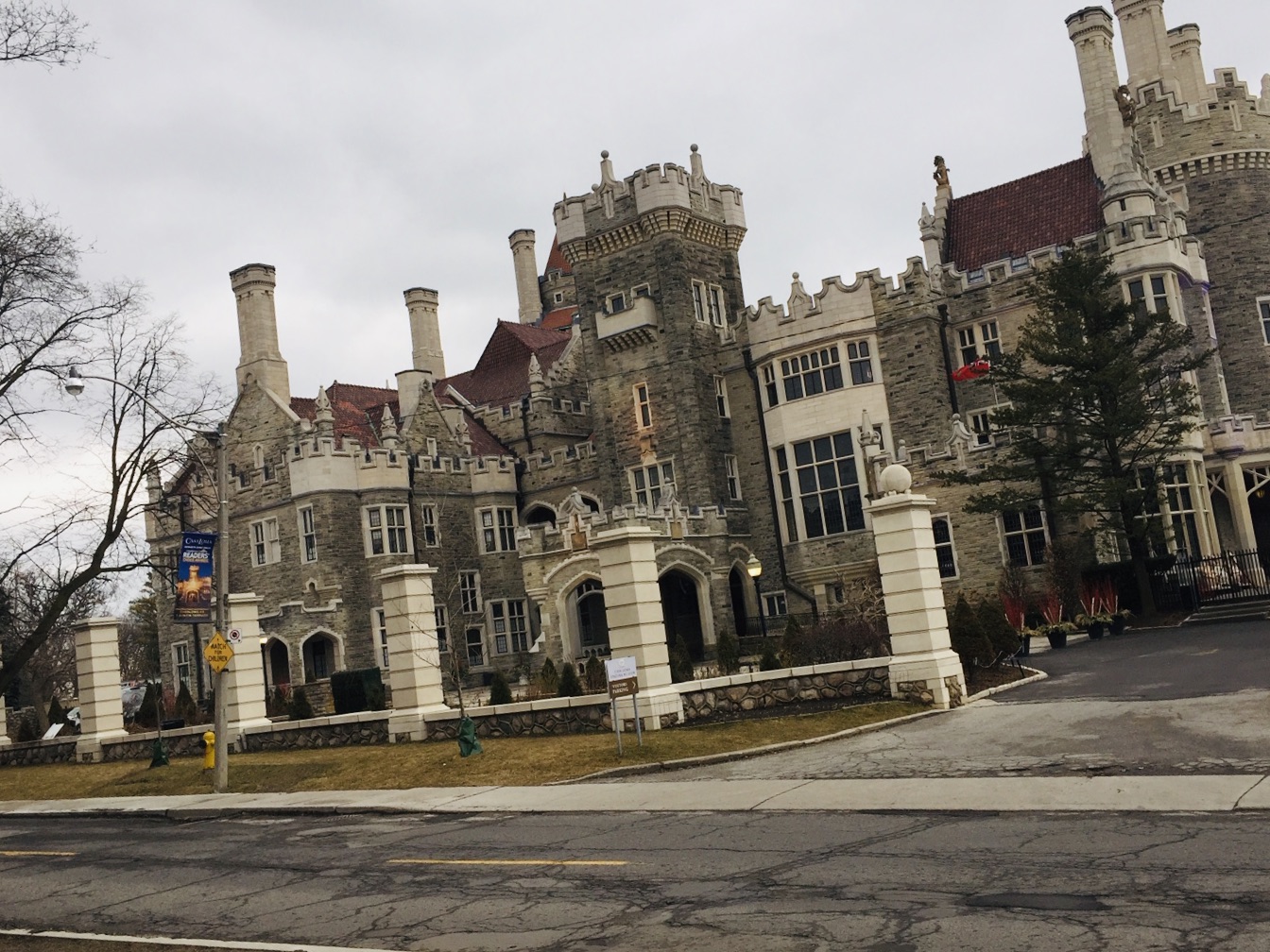Two natural disasters of unimaginable proportions, the 1918 influenza pandemic and the 14th century Black Death plague, come to mind as I try to come to grips with the enormity of the coronavirus, which has upended all our lives.
The current outbreak, having started in China this past December, has mutated and crossed international borders at a dizzying speed. It has since afflicted Italy, Iran and South Korea, and now its tentacles have reached virtually every nation on earth.
This deadly contagion, which if not properly contained could well kill millions, has brought with it uncertainty, anxiety, dread, fear, panic and stock market crashes with all their onerous economic consequences.
When I first read about it, I naively hoped it could be stopped in its tracks in China. But in our increasingly interconnected world, deadly viruses are rapidly transmitted to even the remotest corners of our global village.
And now we’re feeling its intimidating effects in Canada, which is threatened by a silent, invisible, elusive and malicious enemy.
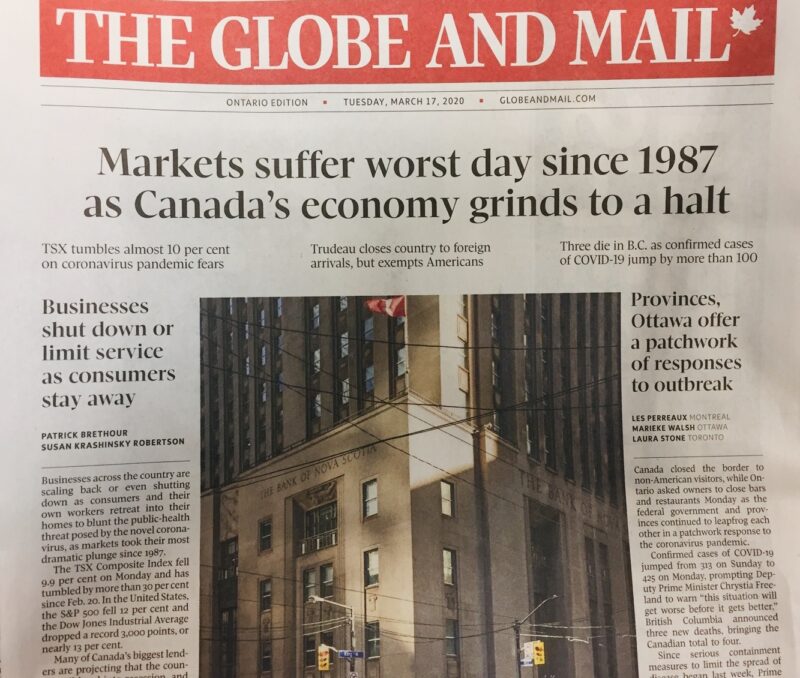
Canadians, so far at least, have not been forced into the kind of severe lockdown to which Chinese, Italians, French and Israelis have been subjected of late. But our lifestyles are inexorably changing as the hours and days pass during this existential moment in time.
Last Friday morning, I went food shopping. I arrived early enough, but the parking lot was already practically full. And in the store itself, the aisles were crowded and the queues to registers were long, though not unruly. Shopping carts were piled to the brim with toilet and tissue paper, tinned goods and staples. Shoppers, fearing that supplies would run out despite assurances to the contrary from the government, were hoarding goods. I waited about 30 minutes in a line before I could bag and pay for my groceries. I was relieved to leave the gathering chaos in the congested store.
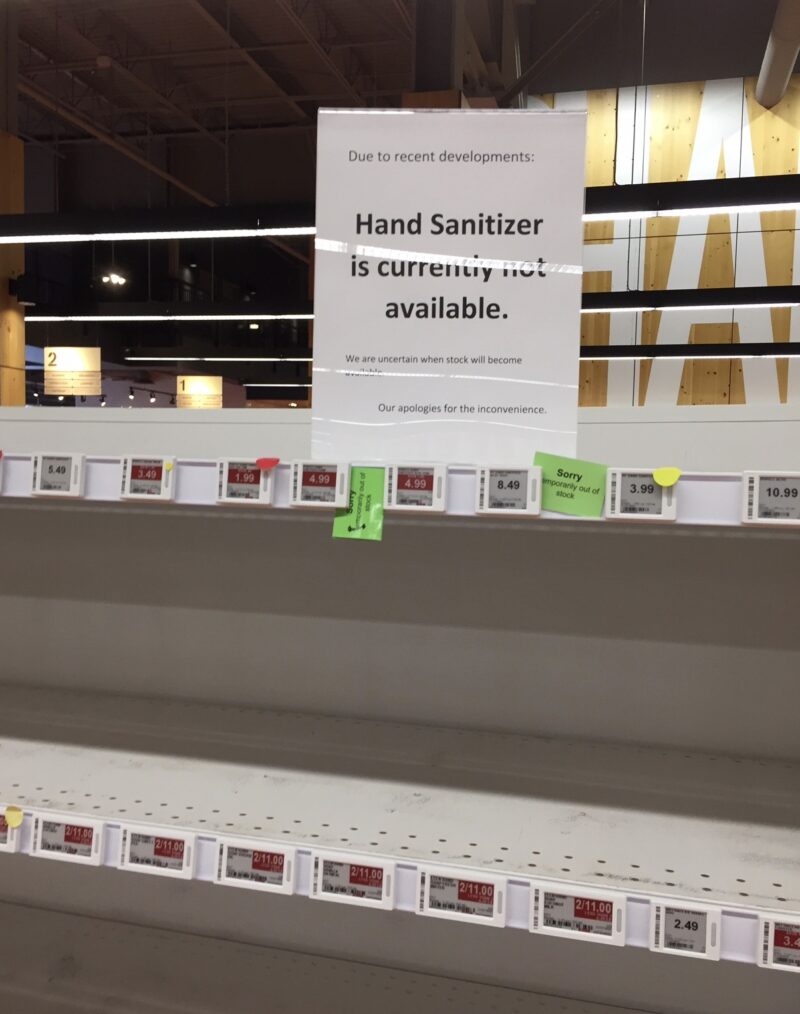
When I got home, my wife berated me for having shopped at that hour. She claimed I should have gone late at night instead. What especially worried her was that my close proximity to other shoppers might infect us. She had a point, of course. Being diabetics, we’re both more susceptible to respiratory illnesses than some of our peers.
We’re still in the process of deciding whether I should continue shopping in food stores, or whether it would be wiser to shop online and have essential supplies delivered to our door. I prefer the first option because I can pick and choose exactly what we need and desire, but I may be forced online by circumstances.
Acting on the advice of experts, we’ve retreated into our home, our comfortable and spacious bubble. We intend to remain in our safe haven until this crisis subsides. In the meantime, we’ve turned to Netflix to while away a few spare hours in the afternoon and evening. We are currently watching a Spanish period piece, Gran Hotel, which brims with drama, intrigue, murder and romance. Call it escapism, if you will.
Although I’m spending a lot more time than ever at home, I have not become a recluse. If the weather cooperates, I go out on daily walks around the neighborhood, practising “social distancing” to minimize my chances of catching COVID-19.
Like many others, we have stopped frequenting restaurants, cafes and malls. Even before things got really serious, we were already refraining from handshakes and hugs in the company of friends and acquaintances.
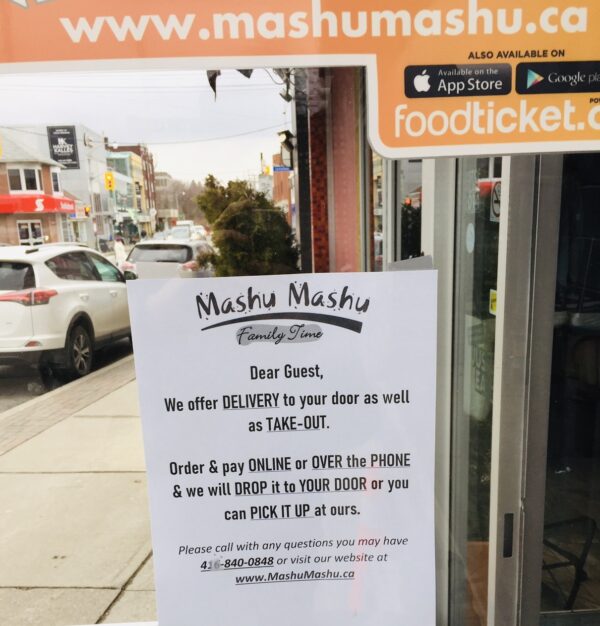
Having been to Cuba in the first week of January, we were seriously considering a second vacation in the Caribbean in February or March, but this plan fizzled after the virus began spreading like wildfire.
This morning, I talked to my doctor about my medications, but I wore a surgical mask over my mouth and nose as I met him in the cold just outside his office. I did not dare venture inside.
From a distance, the city appears normal, especially on a sunny day. From the vantage point of my back yard deck, I can see the clear outline of Lake Ontario and the gleaming skyscrapers of the downtown core. And with spring officially around the corner, the birds have begun chirping again, a sign that the winter blues will soon be behind us. But in the coronavirus era, reality is not quite what it seems, with a blurring of normality and abnormality.
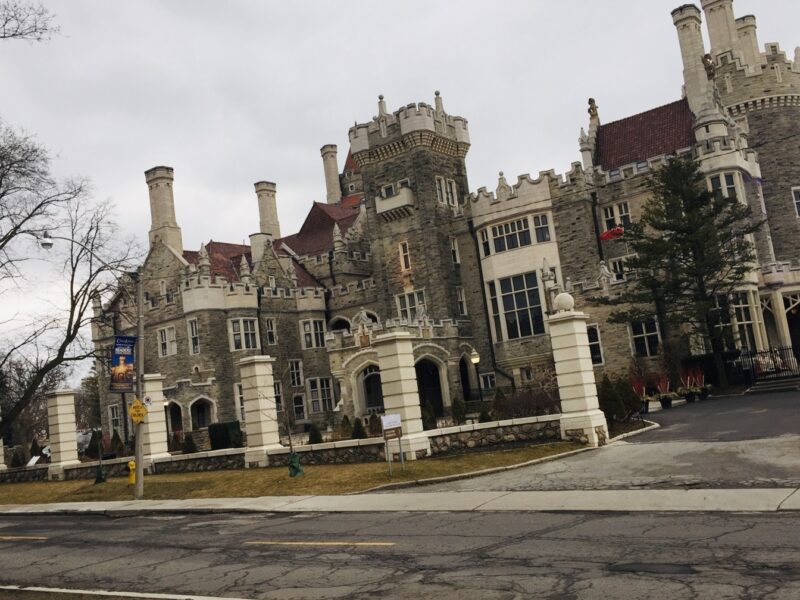
On our dead-end street, one house is under construction and another is being gutted and rebuilt. But the streets are almost empty and traffic on a nearby major thoroughfare is relatively light. Casa Loma, a major tourist attraction a stone’s throw away from our house, looks deserted. Tourism in the city has ground to a halt, as it has elsewhere.

A Mediterranean restaurant a kilometre away has closed its doors, but an Israeli chain cafe still remains open, notwithstanding a provincial order to shutter all such establishments. Starbucks has closed common areas and is limiting itself to takeouts.
A notice on a synagogue door advises congregants to self-isolate themselves if they’ve returned from abroad, or to stay away altogether if they feel sick or have been infected.
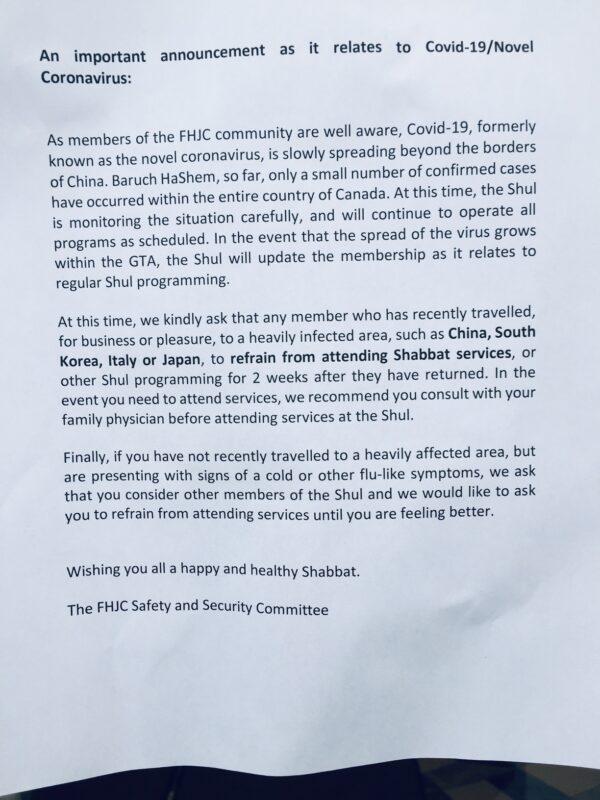
Much to my sorrow, we have been compelled to sever face-to-face contacts with our two dear daughters, forcing us to communicate with them by phone or FaceTime. The older one is building a website to assist victims of sexual assault and harassment. The younger one is a professor of creative writing. Both are now working from home.
The dire situation we find ourselves in today is unprecedented and will gravely test us. But when I’m in a somber mood and imagine that the End of Days may be upon us, I think of my late parents, David and Genia, Holocaust survivors from Poland.
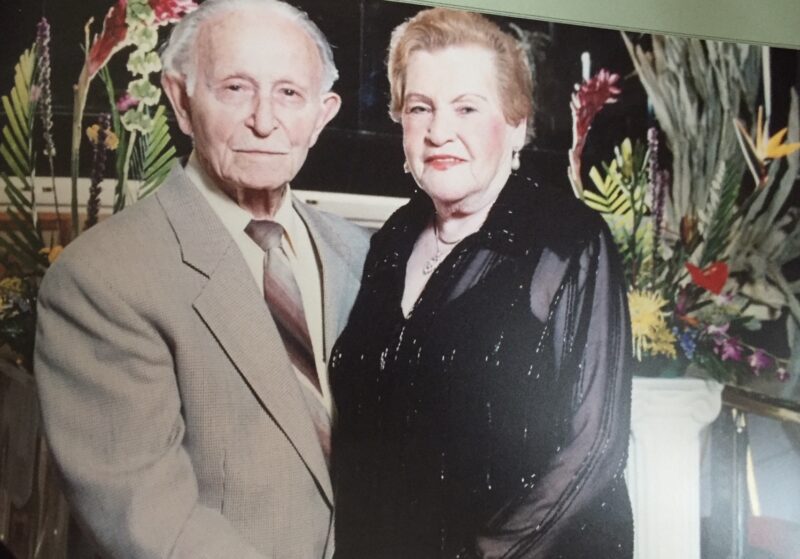
Confined to the Lodz ghetto during the Nazi occupation, they endured hardship, cruelty, disease and hunger, never knowing when or if they would be deported to a German extermination camp. And once the ghetto was liquidated, in August 1944, they were consigned to the super purgatory of Auschwitz-Birkenau.
How they managed to endure these incredible ordeals I will never know. But they survived, their spirits unbroken, and, like thousands of Holocaust survivors, made a life for themselves in Canada after the war.
Drawing resolve and energy from them, I, too, will survive the challenge that lies before me. And so will my wife and our daughters.
And I’m confident that Canadians, as a whole, will weather this storm courageously. It may be a cliche, but we’re all in this together until the crisis breaks.
